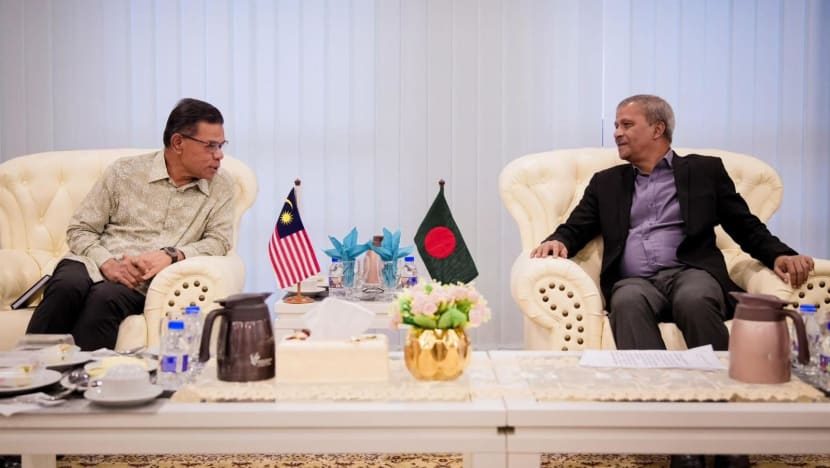
Malaysia's Home Affairs Minister Saifuddin Nasution Ismail (left) held a meeting with the Adviser to Bangladesh’s Ministry of Expatriates’ Welfare and Overseas Employment Asif Nazrul (right) on May 15, 2025 in Kuala Lumpur. (Photo: Facebook/Saifuddin Nasution Ismail)
PETALING JAYA, Selangor: Bangladeshi workers barred from entering Malaysia for employment before a deadline kicked in almost a year ago will soon be able to do so, according to its Home Affairs Minister.
On Thursday (May 15), Saifuddin Nasution Ismail also reaffirmed Putrajaya’s commitment to protect them from “exploitation and employment fraud”.
Malaysia had barred the entry of Bangladeshi workers since May 31 last year after tens of thousands of them reportedly became victims of an extensive labour scam in the country that saw them paying up to US$5,000 upfront for jobs that did not exist, forcing them to work illegally to pay debts.
The latest developments were announced following meetings on Thursday (May 15) between Adviser to Bangladesh’s Ministry of Expatriates’ Welfare and Overseas Employment Asif Nazrul and Saifuddin as well as Human Resources Minister Steven Sim in Kuala Lumpur.
“This meeting provided an opportunity for in-depth discussions on issues concerning the management of foreign workers from Bangladesh, which involve several policy and operational matters, including the government’s key commitment to reduce migration cost,” Saifuddin wrote on Facebook on Thursday.
Following the meetings, the Bangladesh High Commission in Kuala Lumpur confirmed that Malaysia has agreed to recruit 7,964 workers from among more than 17,000 who were stranded after failing to enter the country before the May 31 deadline last year, “despite fulfilling all conditions and paying (the) full migration cost”.
The commission said in a Facebook post on Thursday that these workers would be “in the first batch as proposed by Bangladesh and the recruitment process of those workers will be handled by (the) Bangladesh Overseas Employment Services Limited”.
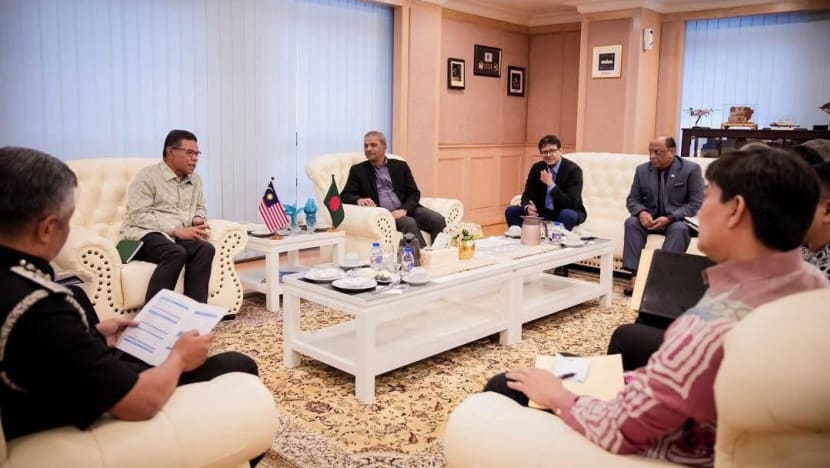 Following the meetings on May 15, 2025, the Bangladesh High Commission in Kuala Lumpur confirmed that Malaysia has agreed to recruit 7,964 workers from among more than 17,000 who were stranded. (Photo: Facebook/Saifuddin Nasution Ismail)
Following the meetings on May 15, 2025, the Bangladesh High Commission in Kuala Lumpur confirmed that Malaysia has agreed to recruit 7,964 workers from among more than 17,000 who were stranded. (Photo: Facebook/Saifuddin Nasution Ismail)
Some of these workers reportedly with approved work visas were unable to get on flights before the deadline last year and the Bangladeshi government has urged the Malaysian government to allow them to enter the country since last year.
A meeting was previously held between the Bangladesh High Commission to Malaysia and Saifuddin in Kuala Lumpur on Dec 5 last year to address the prolonged delay in the migration process of the workers, local media reported.
A joint technical group, comprising representatives from the Malaysian Immigration Department and the commission, was subsequently established and held two meetings, on Dec 31 last year and Jan 14 this year.
During the joint technical group meetings, the list of over 17,000 workers was thoroughly reviewed and verified with Malaysian stakeholders, resulting in the selection of the 7,964 workers for immediate entry in the first phase, Mohammad Rafiqul Alam - a spokesperson from the Bangladesh Ministry of Foreign Affairs - told Malay Mail earlier in January.
While these workers have been deemed eligible for immediate travel to Malaysia, it is unclear when they will officially start working.
During the meeting on Thursday between Sim, the Human Resources Minister and Asif, both nations also agreed to strengthen their coordination through the joint working group which will reconvene in Dhaka next week from May 21 to address technical matters related to labour management, Free Malaysia Today (FMT) reported.
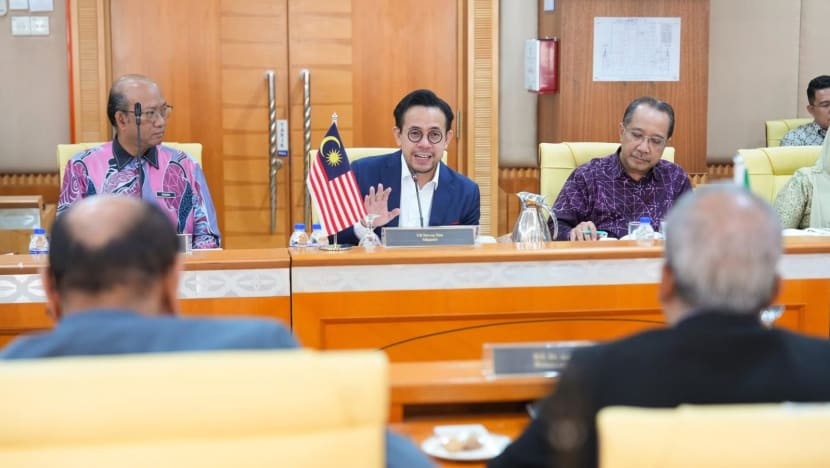 Human Resources Minister Steven Sim (centre) held a meeting with the Bangladeshi delegation on May 15, 2025. (Photo: Facebook/Kementerian Sumber Manusia)
Human Resources Minister Steven Sim (centre) held a meeting with the Bangladeshi delegation on May 15, 2025. (Photo: Facebook/Kementerian Sumber Manusia)
“This visit (on Thursday) signals a shared resolve by Malaysia and Bangladesh to build a cross-border labour system grounded in integrity, human rights and fairness,” the human resources ministry said on Thursday, as quoted by FMT.
The Bangladeshi delegation had also requested multiple-entry visas for their workers.
“The Malaysian government informed (us) that they are currently working on a proposal to revisit the provision of single-entry visas for Bangladeshi workers. Hopefully, very soon the Bangladeshi workers will be granted multiple entry visas,” the Bangladesh High Commission wrote on Thursday.
At Thursday’s meeting, Saifuddin also conveyed Prime Minister Anwar Ibrahim’s appreciation to the Bangladeshi government for its continued support in efforts to streamline the management of foreign workers in Malaysia.
Malaysia is host to more than 400,000 documented Bangladesh workers and several thousands more who enter the country illegally, and they make up one of the largest country proportions of foreign workers in the world, which collectively account for roughly 30 per cent of the national workforce that is estimated at 17 million people.
“UNSUBSTANTIATED ALLEGATIONS” OF HUMAN TRAFFICKING, MONEY LAUNDERING
Meanwhile, the Bangladeshi government has also confirmed that Malaysia was not involved in any misconduct concerning the recruitment or treatment of its workers, following reports that Putrajaya had asked Bangladesh to review and withdraw “unsubstantiated allegations” of wrongdoing in labour migration between the two countries.
Bloomberg reported on Thursday that the move was meant to improve Malaysia’s rating in the annual Trafficking in Persons (TIP) report by the United States State Department.
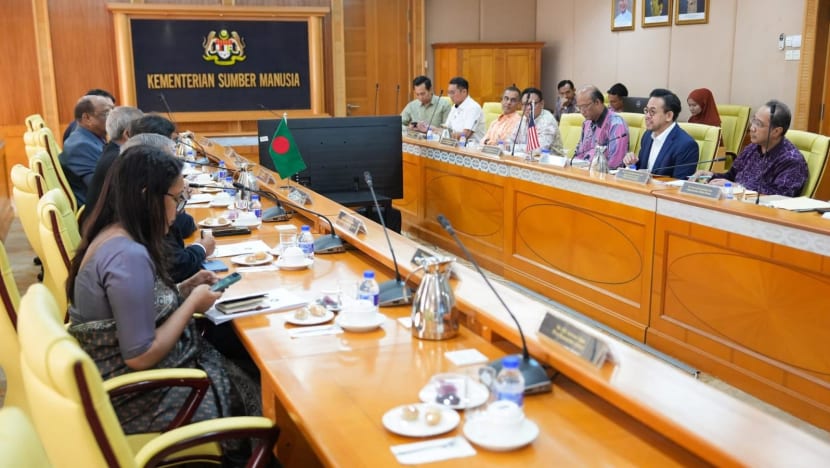 Following the meeting, the Bangladeshi government has also confirmed that Malaysia was not involved in any misconduct concerning the recruitment or treatment of its workers. (Photo: Facebook/Kementerian Sumber Manusia)
Following the meeting, the Bangladeshi government has also confirmed that Malaysia was not involved in any misconduct concerning the recruitment or treatment of its workers. (Photo: Facebook/Kementerian Sumber Manusia)
“Allegations of human trafficking and money laundering - largely unsubstantiated - have impacted Malaysia’s reputation,” the secretary-general of the human resources ministry, Azman Yusof, wrote in a letter dated Apr 23, which was reviewed by Bloomberg.
In its statement on Thursday, the Human Resources Ministry thanked Bangladesh for recognising Malaysia’s efforts to reform the foreign worker recruitment system and crack down on abuse, following the courtesy call by Asif, the Bangladeshi official who was also accompanied by the special envoy for international affairs Lutfey Siddiqi.
“The Bangladeshi side confirmed that Malaysia was not involved in any of the previously raised allegations and voiced its support for our principled and firm stance against human trafficking,” the statement wrote, as quoted by FMT.
During the meeting between Sim and the Bangladeshi delegation, Sim also stressed that foreign worker recruitment should be driven by genuine industry needs and not for profit.
FMT reported that for more than a decade, the US has said that Malaysia does not meet standards under the Trafficking Victims Protection Act, adding that Putrajaya is not making significant and sufficient efforts to rectify the issue.
A low TIP ranking would mean that a country can be restricted from accessing foreign assistance funding from the US or possibly face resistance by US representatives at the International Monetary Fund or other multilateral institutions for access to loans.
In October last year, Bangladeshi authorities had asked the Malaysian government to arrest and extradite two businessmen as part of a probe into alleged money laundering, extortion and trafficking of migrant workers.
They are the founder and associate of a controversial firm managing Malaysia’s migrant worker intake, Bestinet Sdn Bhd.

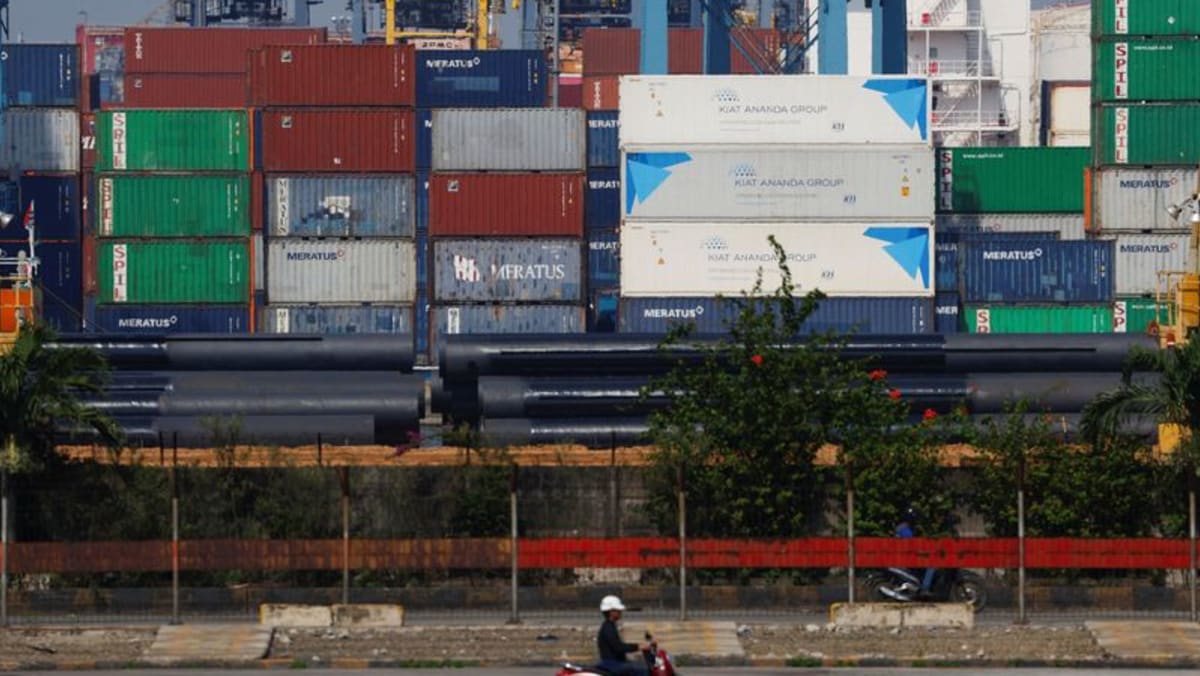

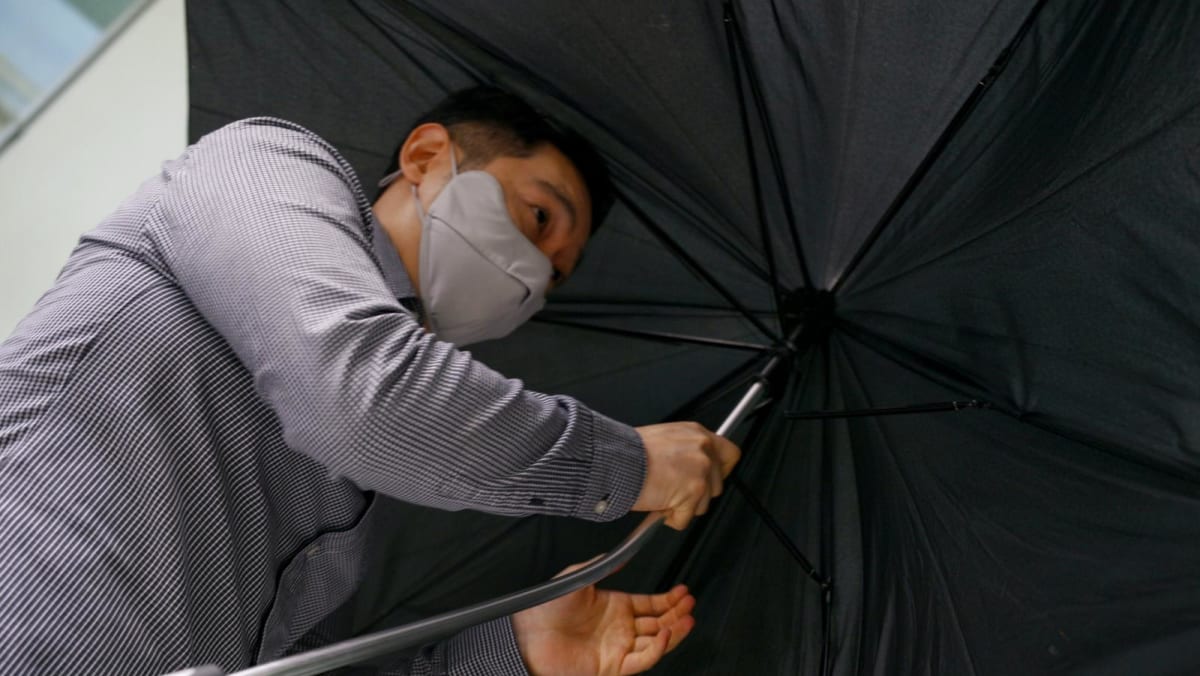
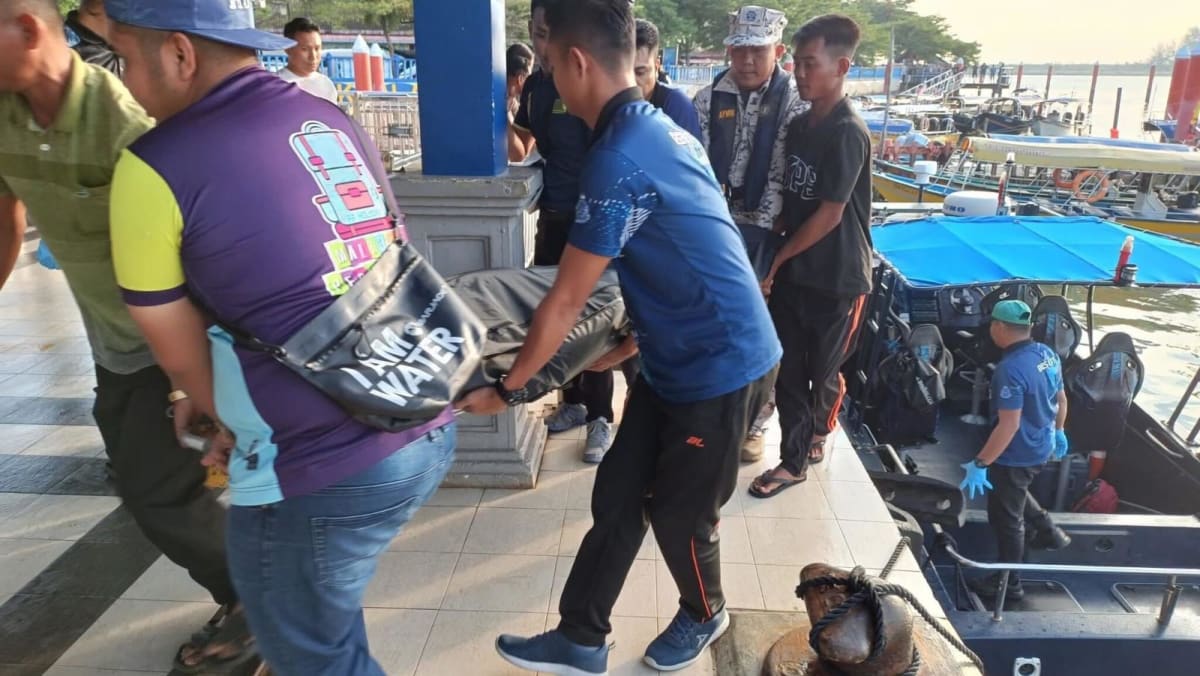
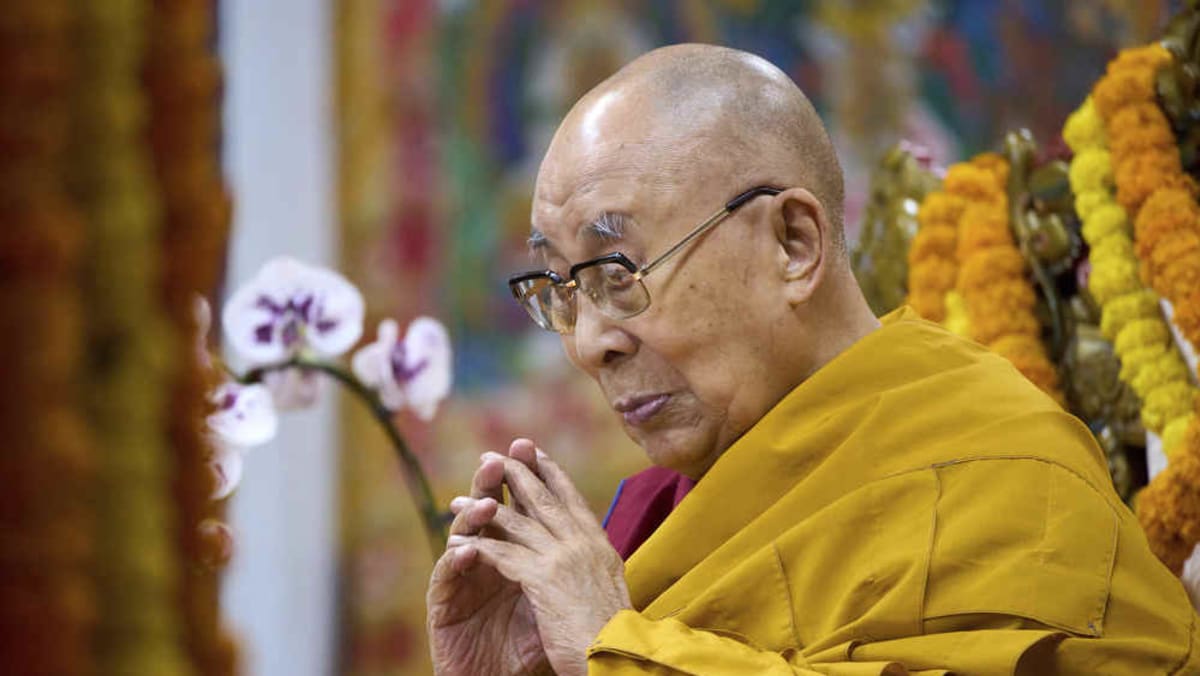

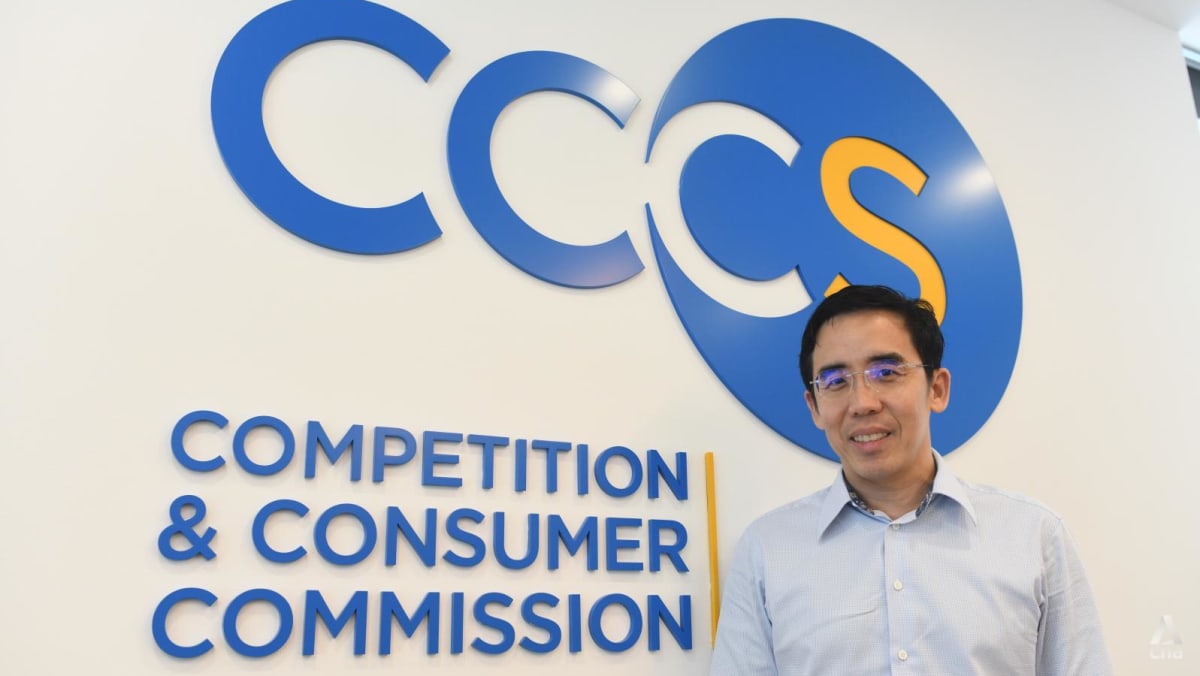
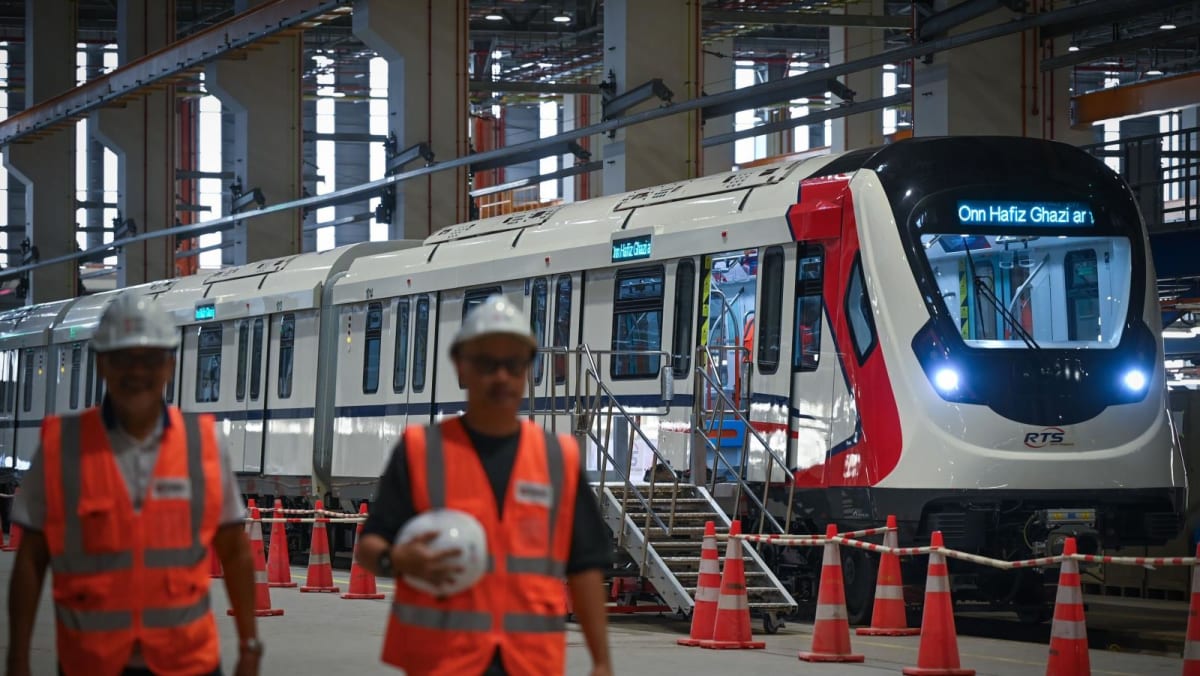



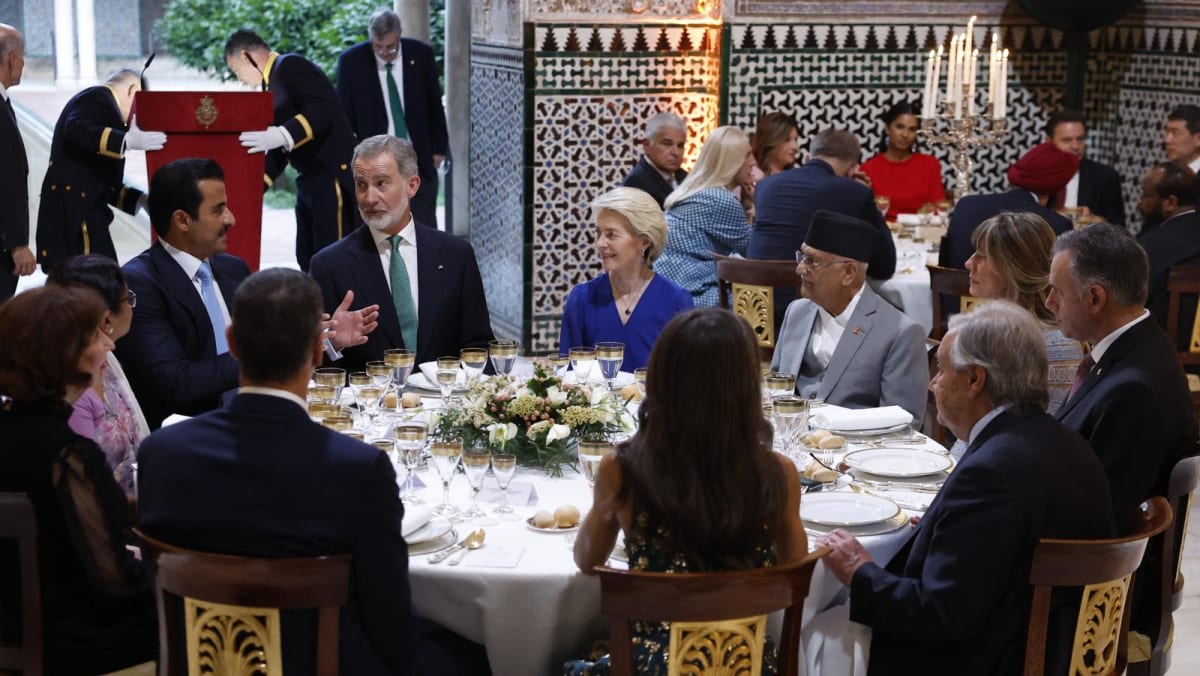
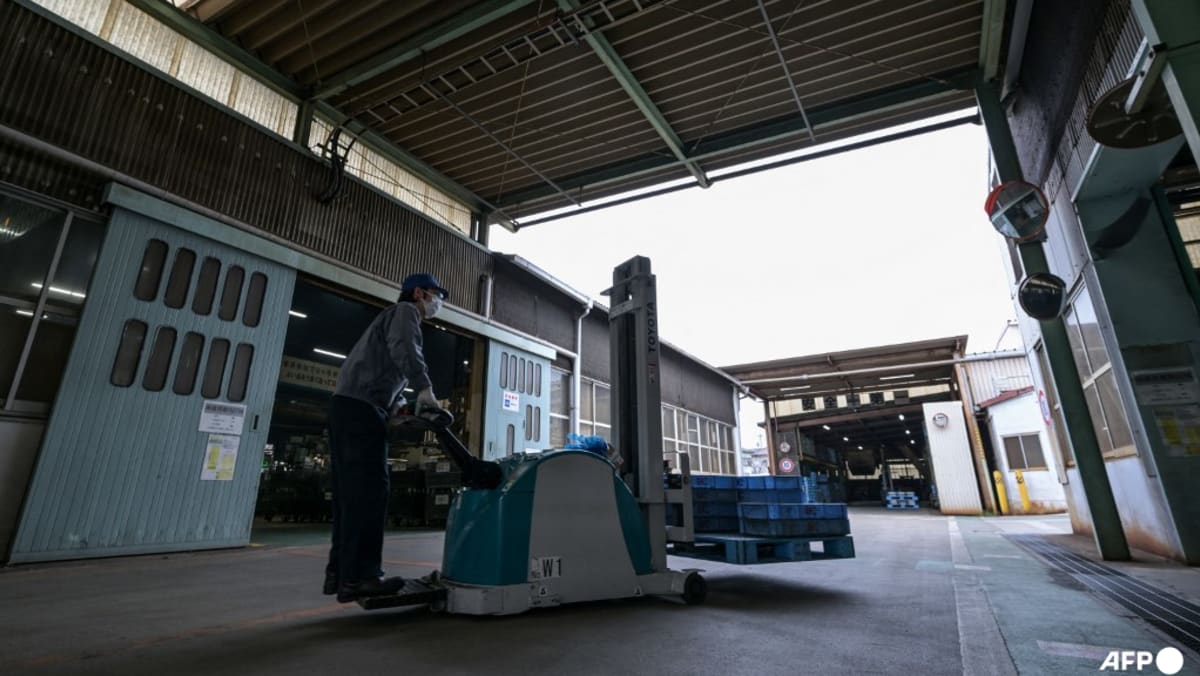
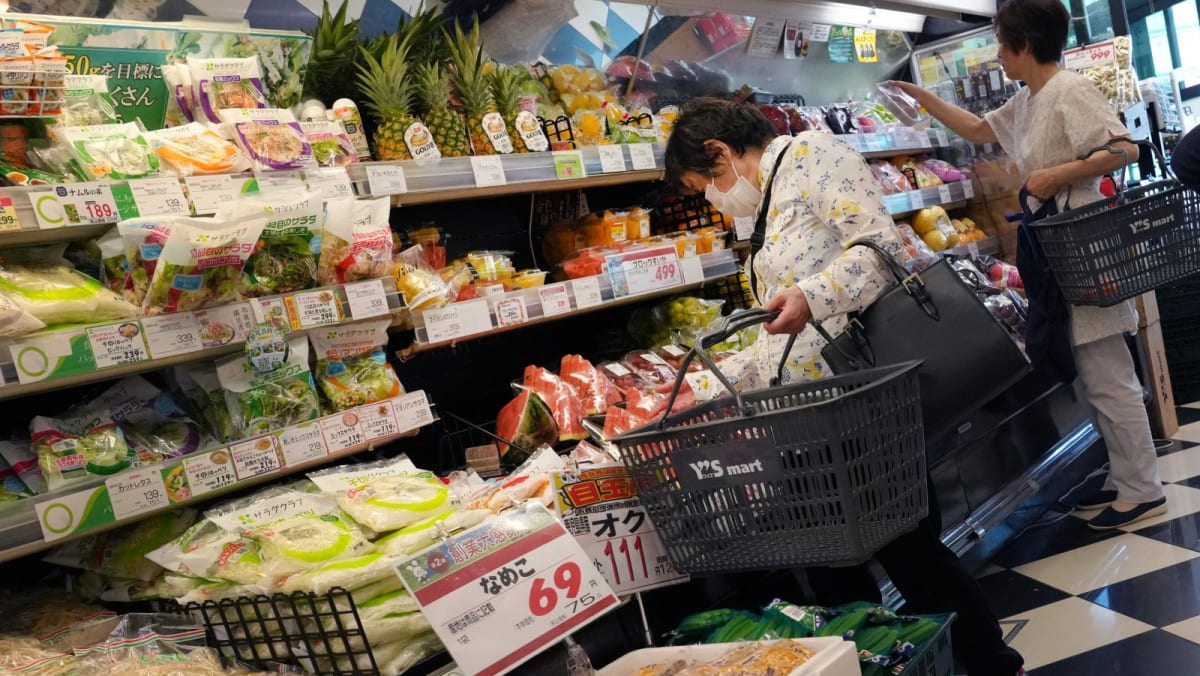
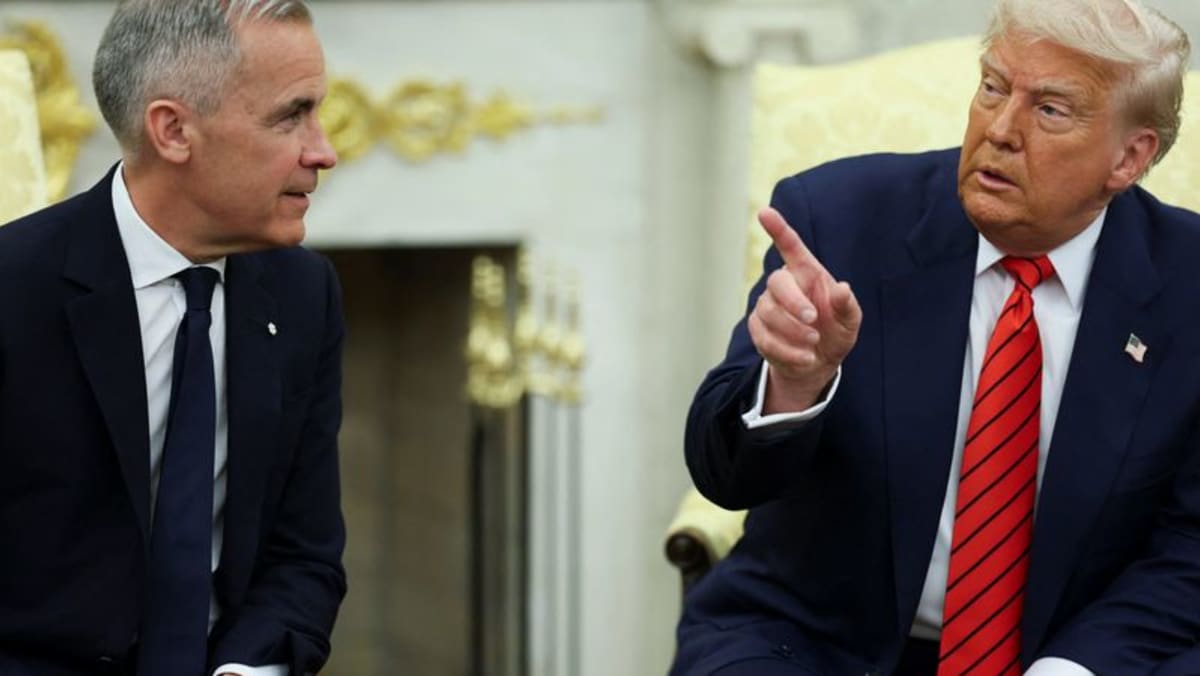

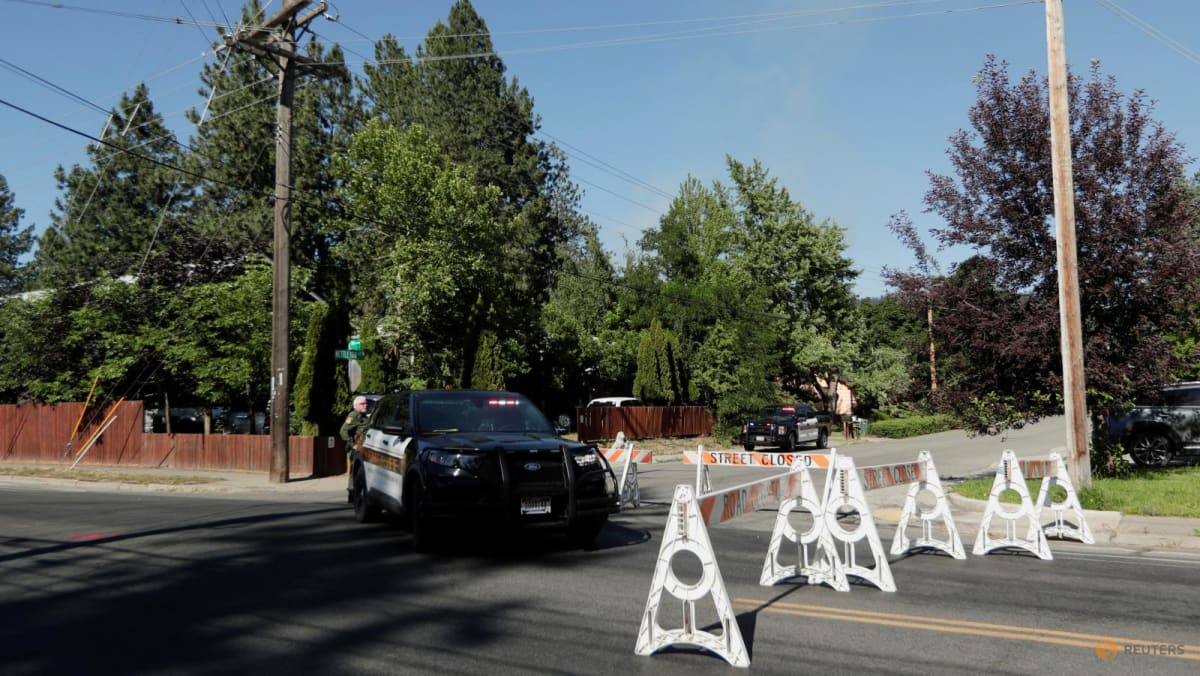
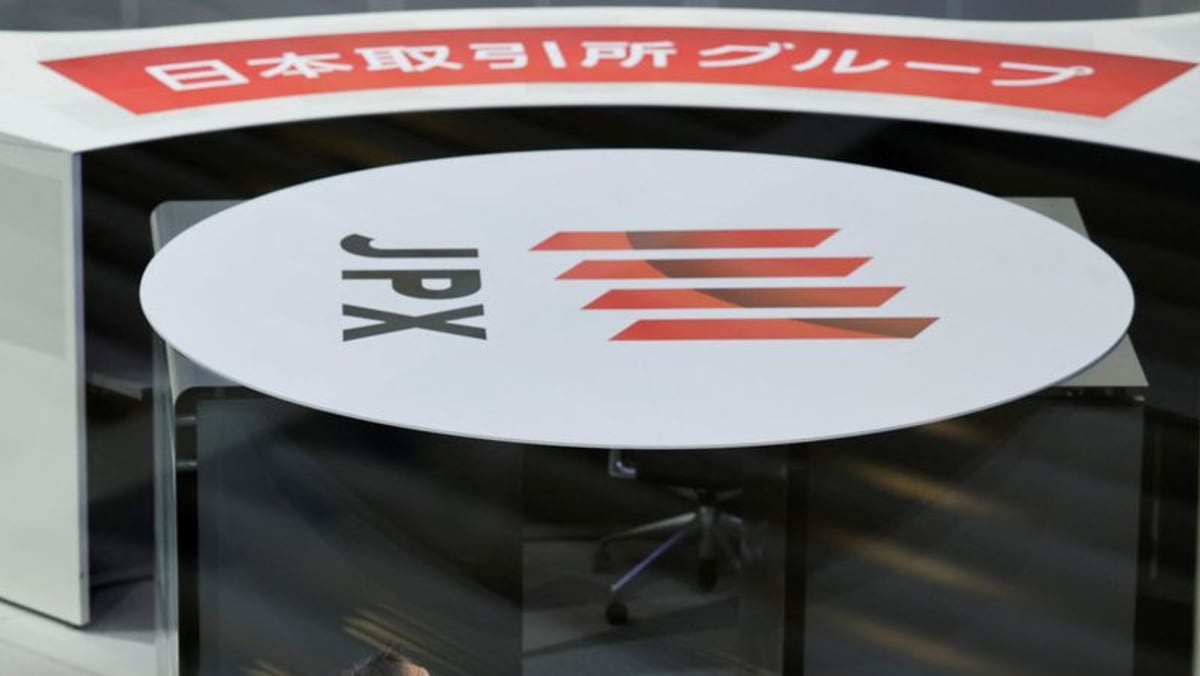

















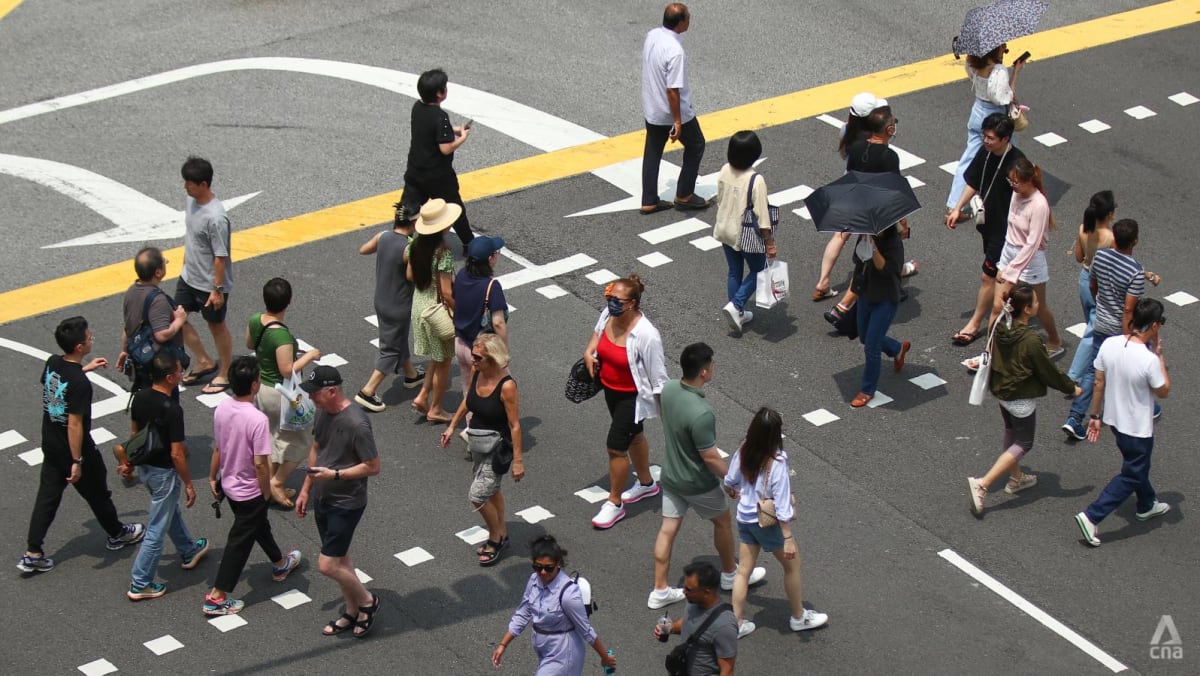







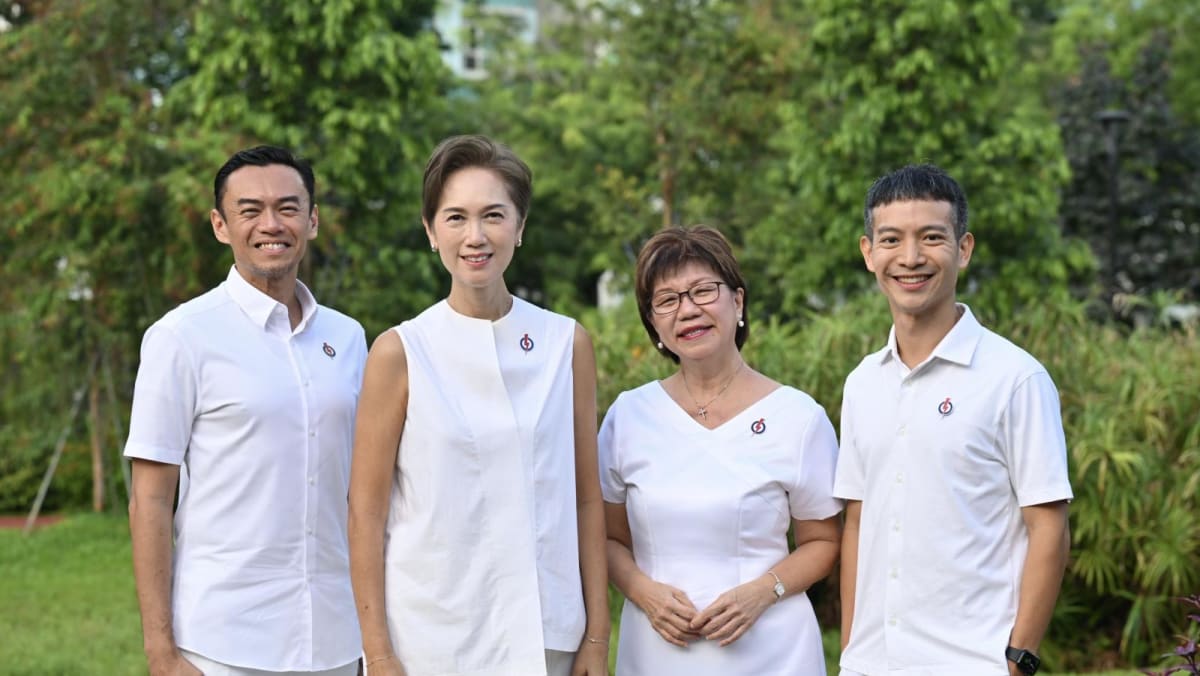

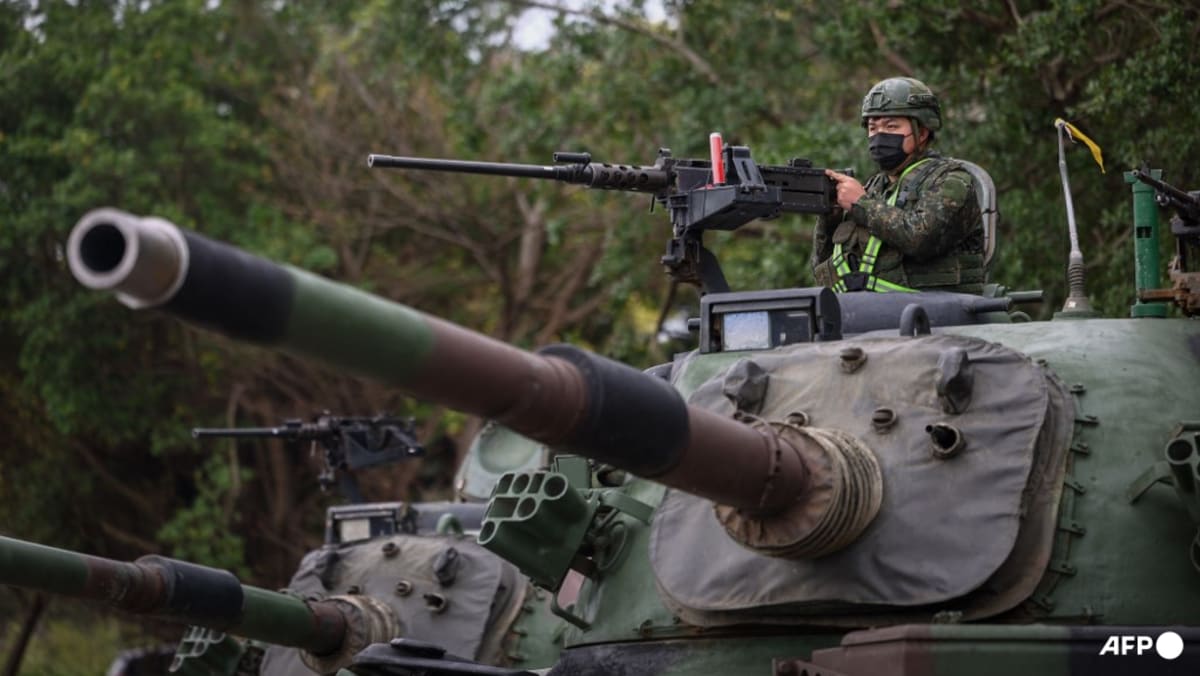

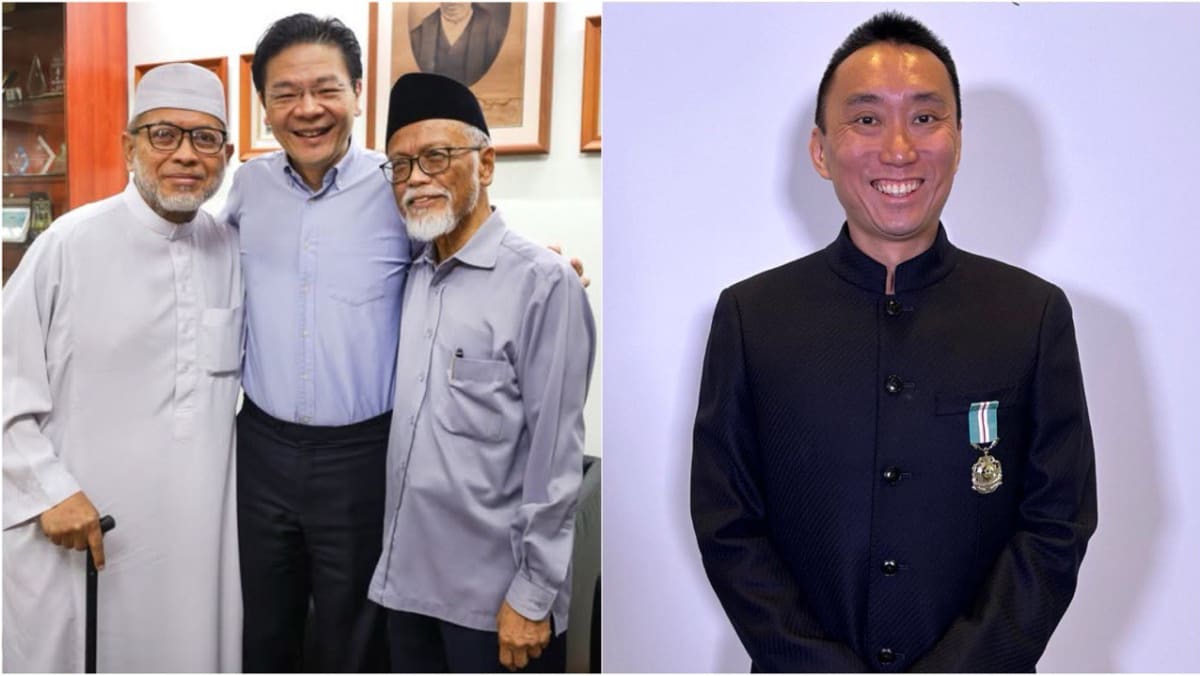
.png?itok=erLSagvf)
